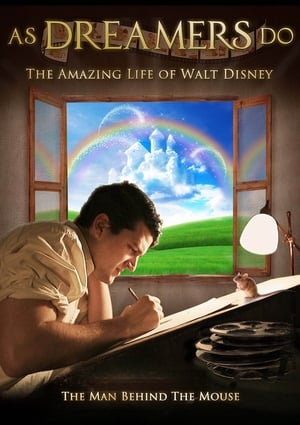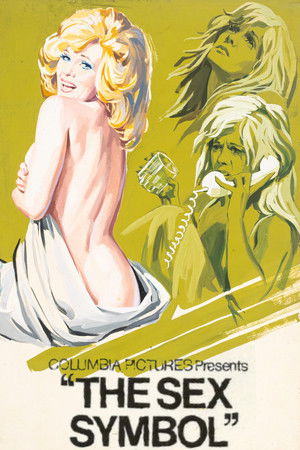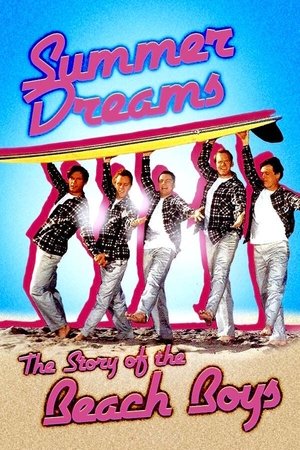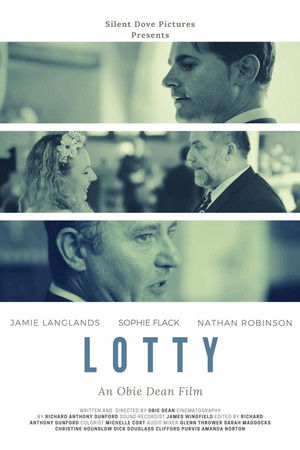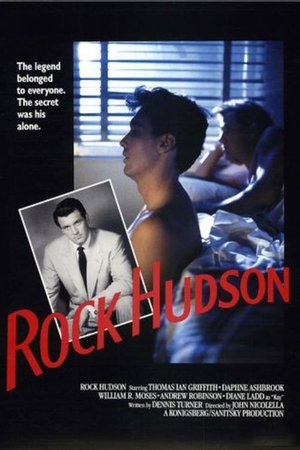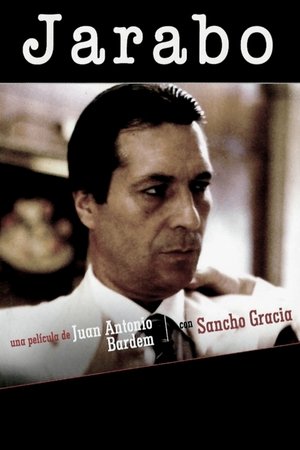Overview
The amazing biography of legendary circus impresario and unparalleled showman, P.T. Barnum.
Reviews
**_The life of PT Barnum in the 1800s_**
Burt Lancaster stars as PT Barnum, breaking the fourth window to tell the story of the showman, author and politician who died four months shy of 81 years-old in 1891.
The man is known as the best purveyor of entertainment in history, a master of sales and marketing. He entered into showmanship in New York at the age of 25 after purchasing a blind and near-paralyzed slave woman, supposedly George Washington's 161 years-old former nurse. She died a year later with an autopsy revealing that she was no more than 80.
He then acquired a museum on Broadway that attracted people with exhibits, such as stuffed animals and changing live acts or curiosities, including the "Feejee" mermaid and General Tom Thumb. Barnum toured Europe with the little entertainer in 1844-1845 wherein he learned of the famous Swedish soprano singer Jenny Lind (played here by Hanna Schygulla), which led to enlisting her talents at great price for a tour of America in 1850-1852.
The showman didn’t start the first traveling circus by train with canvas tents until he was 60 years-old in 1870, calling it "PT Barnum's Grand Traveling Museum, Menagerie, Caravan & Hippodrome."
All of this, and more, is effectively told, but don’t expect a lot of what is traditionally associated with circuses, such as depicted in movies like "Water for Elephants," "The Greatest Show on Earth," "The Big Circus," "Roustabout,” "Circus of Horrors," "Trapeze" and "Circus of Fear," aka "Psycho-Circus.” These films take place a century after the events in this one. In other words, the events in “Barnum” laid the foundation for traveling circuses in the 1900s. But, don’t get me wrong, there’s a little bit of what is linked to conventional circuses, like during Lancaster's walking the circus grounds breaking the fourth wall and the very end.
Interestingly, it is stressed in the movie that it wasn’t Barnum who coined the phrase “There’s a sucker born every minute.” Evidence suggests that the phrase can likely be attributed to David Hannum, a banker from Syracuse, who bought the “Cardiff Giant” in 1869 and made a profit in admission fees. Barnum wanted to buy it but Hannum wouldn’t sell, so he created a replica and claimed that Hannum’s giant was a hoax. When Barnum’s exhibit proved more successful, it is alleged that Hannum said “There’s a sucker born every minute.”
This flick should not be confused with another television production, the British musical “Barnum!,” which debuted the same year, four weeks later. It obviously had the lesser budget.
The film runs 1 hour, 40 minutes (some listings claim 1 hour, 30 minutes), and was shot in Montreal.
GRADE: B-

 90 min
90 min
 6.7
6.7
 1986
1986
 USA
USA
 Wuchak wrote:
Wuchak wrote:
